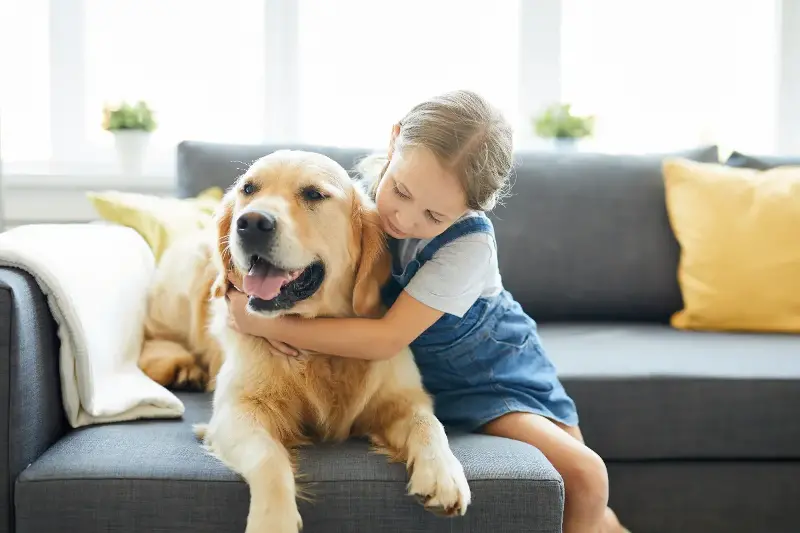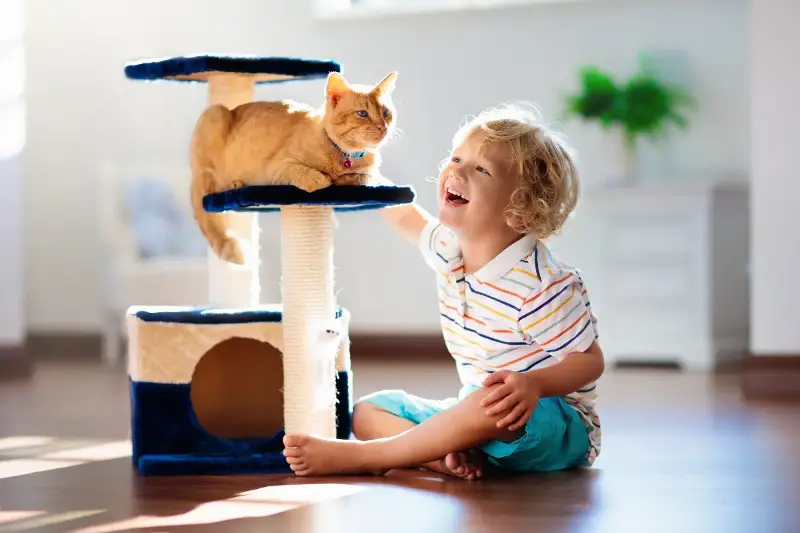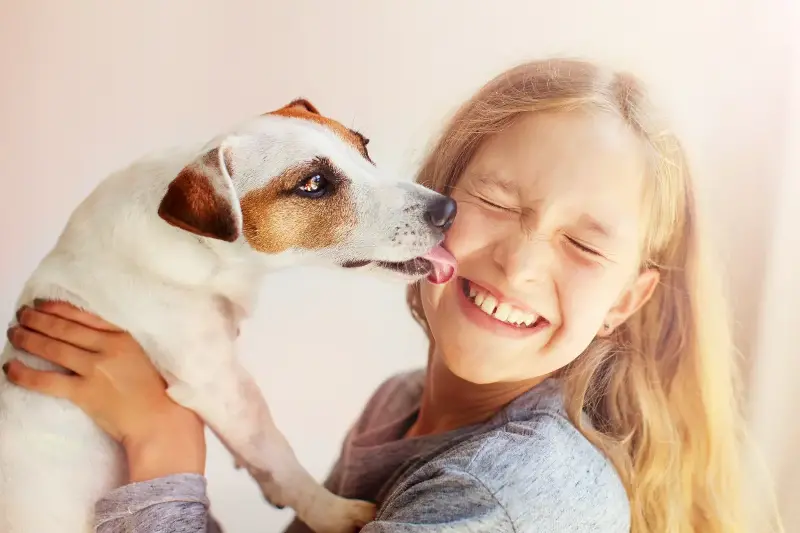Growing up with a furry friend isn’t just a luxury or a charming addition to childhood—science and stories from families worldwide make it clear: having a pet can be a transformative force in a child’s life. From the joy of shared play to the calming effect of a gentle purr, pets are far more than cuddly companions. Let’s explore the wonderful reasons every child deserves a furry mate at their side.

A Gentle Start: Emotional Bonds and Heartfelt Connections
Children and animals share a bond that is often immediate and deeply felt. Dogs wag their tails in welcome; cats curl up in a sunbeam nearby—these moments sow the seeds of empathy and connection.
It’s no surprise that studies consistently link childhood pets with higher emotional intelligence. A child stroking a rabbit or feeding the family cat learns to read body language, decipher needs, and respect boundaries, all fundamental aspects of empathy.
Key emotional perks of a furry companion include:
- Increased self-esteem and self-confidence as children care for their pets
- Comfort during moments of sadness or anxiety, as pets offer unconditional affection
- Learning to express love and manage loss, especially when dealing with ageing or ill pets
The Classroom Comes Home: Social And Developmental Advantages
The benefits ripple far beyond feelings. Veterinary scientists and child psychologists agree: animals help children find their footing in social situations, both at home and beyond.
Families with pets often observe that children:
- Develop better communication skills as they talk to, and about, their pets—even practicing reading aloud to a non-judgemental furry audience!
- Show greater responsibility and reliability, especially when assigned age-appropriate pet chores like feeding, walking, or brushing
- Display patience and compassion, essential traits as kids navigate playground politics and teamwork
Research from the University of Cambridge discovered that children often turn to pets over siblings for support during tough times. A dog’s warm gaze or a guinea pig’s twitching nose offers solace when words fail.

Immunity & Activity: Health Perks That Go Beyond The Obvious
The perks aren’t just emotional or social—children with pets often reap physical benefits, too. Early exposure to pets can actually prime young immune systems, making kids less likely to develop allergies and asthma later in life.
Other health boosts include:
- Increased daily activity, especially with energetic dogs beckoning children outdoors for walks or play
- Lowered blood pressure and cortisol levels, thanks to the soothing presence of animals
- Enhanced coordination and motor skills through games of fetch, gentle grooming, or setting up pet habitats
Picture bounding through the park, muddy paws beside muddy boots, laughter in the air—these moments birth healthy hearts and happy bodies.
Family Harmony: The Unseen Glue In Domestic Life
Pets don’t just change the lives of children—they can reshape entire families. The presence of a furry companion often catalyses daily routines, introduces new hobbies, and even sparks vital conversations about compassion and kindness.
Households with pets frequently notice:
- More opportunities for together-time: walking the dog or cleaning a fish tank becomes shared ritual
- Teachable moments: discussions about pet care lead to lessons about respect, responsibility, and empathy
- A unique source of entertainment and storytelling, weaving memories that last long after childhood ends
Siblings may bond over a cheeky kitten’s antics, or anxious children may flourish in the gentle, loyal company of their loyal dog. In such small, everyday ways, pets are nearly invisible architects of resilience and togetherness.

Every family dynamic is different, and not every household can welcome a pet right now. But as we glimpse the myriad ways that animals enrich childhood, we’re left with a lasting question: What lessons, joys, or whispers of comfort might await your family, should you ever open the door to a furry friend?
